For more than seven decades, UNICEF has been working to create a better world for every child, from ensuring safe births and fighting malnutrition to providing education and delivering clean water to vulnerable communities. By embracing innovation, scaling sustainable solutions, and advocating for policies that protect children’s rights, we have proven that when we work together, anything is possible - even in the face of adversity.
Over the years, UNICEF has made some incredible progress for children, but with major funding cuts by some key donors, the gains we have made are under threat, putting the world’s most vulnerable at risk.
Here are the 10 wins for children that you helped make possible. Let’s not lose everything we have gained for children.
1. Globally, 1 in 4 births happen in UNICEF-supported health centres
UNICEF has achieved extraordinary progress in child survival, with nearly 8 million more children reaching their fifth birthday today compared to 1990 - that's an incredible 60 per cent drop in under-five mortality rates. This success is the result of a collective effort, as UNICEF and our partners have worked strategically across the health, nutrition, water, sanitation, and hygiene sectors to ensure more children than ever are not just surviving but thriving.

2. UNICEF vaccinates half of the world's children every year, preventing millions of deaths around the world
Over the last 50 years, vaccines have saved 154 million lives – that's six people every minute for five decades! As the world's largest vaccine buyer, UNICEF continues to expand our reach, delivering 2.8 billion vaccine doses to 105 countries in 2023 alone.
By vaccinating half the world's children every year, UNICEF has been pivotal in driving global vaccination rates to 84 per cent, bringing us closer to the 90 per cent global target and creating healthier futures for millions of children.
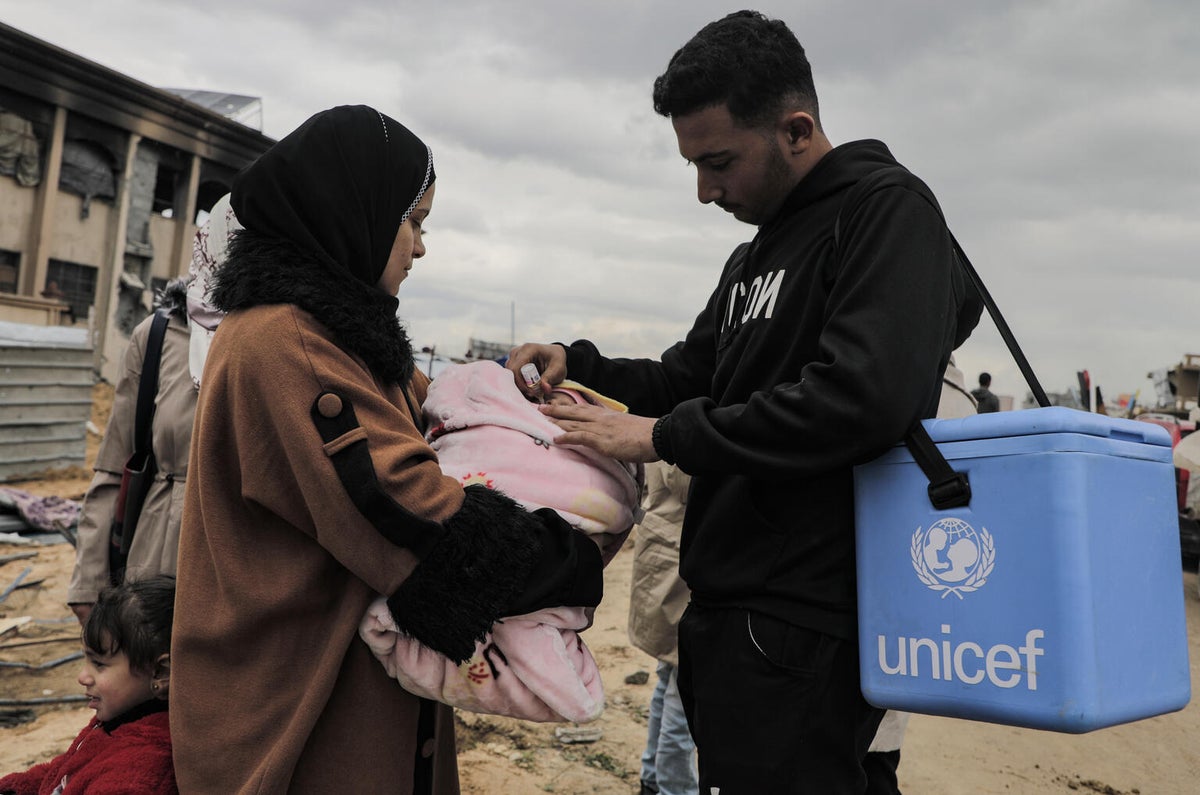
3. In 2023 alone, UNICEF responded to 412 new or ongoing humanitarian crises in 107 countries.
From war zones to natural disasters, UNICEF is at the forefront of coordinated humanitarian response, saving millions of lives. Whether responding to conflict, famine, pandemics, or climate-driven disasters, UNICEF ensures children and families receive lifesaving support.
UNICEF does what few others can: respond at speed while building long-term resilience. That’s because we are already in communities before, during and after crises hit, we pre-position supplies, deploy emergency teams, and deliver lifesaving support within as little 48 hours. We run the world's largest humanitarian warehouse - storing products to manage safe water, sanitation and hygiene, school and medical supplies and pharmaceuticals - and another five supply hubs, which give us the scale, reach, and expertise to save lives when disaster strikes.

4. Since 2021, UNICEF has supported over 25 million children of primary school age access education
We are closer than ever to making primary education a basic right for every child – because a world where more children learn is a healthier and more resilient world. In the early 1950s, about half of primary school-aged children globally were out of school. Today, that figure has dropped below 10 per cent, with the rate halving in just the last 20 years. This is not only progress for children; it's progress for all of humanity.
UNICEF works closely with governments in over 100 countries to expand access to quality primary education and equip children with foundational and digital skills. Through our 'Re-imagine Education' initiative, we are leading a global movement to make digital learning an essential service. Since 2021, we've helped over 25 million out-of-school children access education (that’s almost the entire population of Australia), empowered 30 million children to learn via digital platforms, and provided nearly 60 million children with individual learning materials.
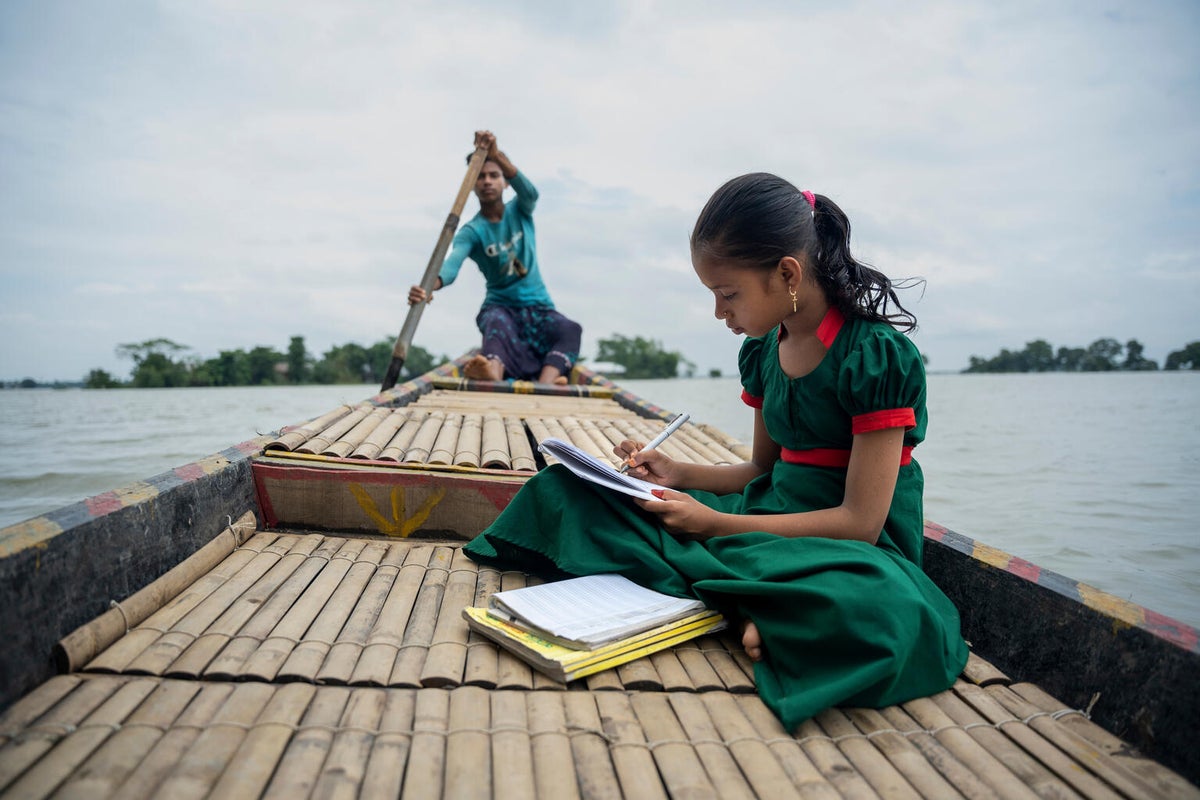
5. UNICEF is the world’s largest supporter of services for the treatment of severe malnutrition
Although there is still so much work to be done, the number of children with stunted growth and development due to malnutrition has dropped by 40 per cent since 2000. This was possible with the help of UNICEF-supported programs, including services for the early detection and treatment of life-threatening forms of malnutrition. In fact, UNICEF is the world's largest provider of ready-to-use therapeutic food, a high-protein paste that can bring a child suffering from malnutrition back to health within weeks.
In 2023 alone, UNICEF and our partners reached over 300 million children with nutrition services, including 9.3 million who required lifesaving care.
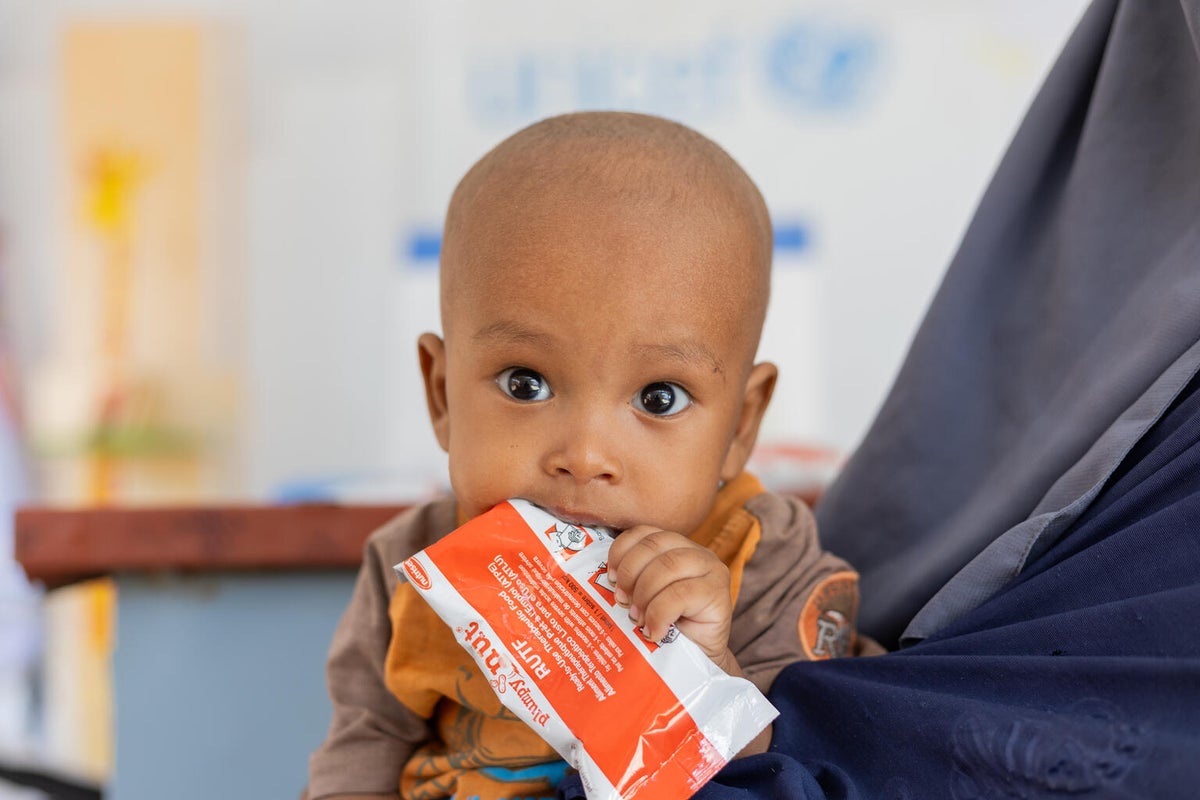
6. Every year, UNICEF provides over 35 million people with access to safe water in over 100 countries.
Clean water is essential for child survival and healthy lives. With reliable water sources, healthcare improves, and societies become more sustainable. Over the past two decades, UNICEF has played a big role in ensuring that one in four people globally has gained access to clean water.
As the largest provider of water, sanitation and hygiene (WASH) services, UNICEF leads WASH coordination in around 85 per cent of countries affected by conflict and natural disasters, playing a key role in preventing outbreaks of waterborne diseases, like cholera by providing clean drinking water.
In 2023, UNICEF also played a key role in installing over 2,700 solar-powered water systems in 56 countries - bringing the total number of systems installed since 2019 to more than 8,900. This has helped to cut fossil fuel use and costs while water reaches millions in remote, climate-vulnerable communities.
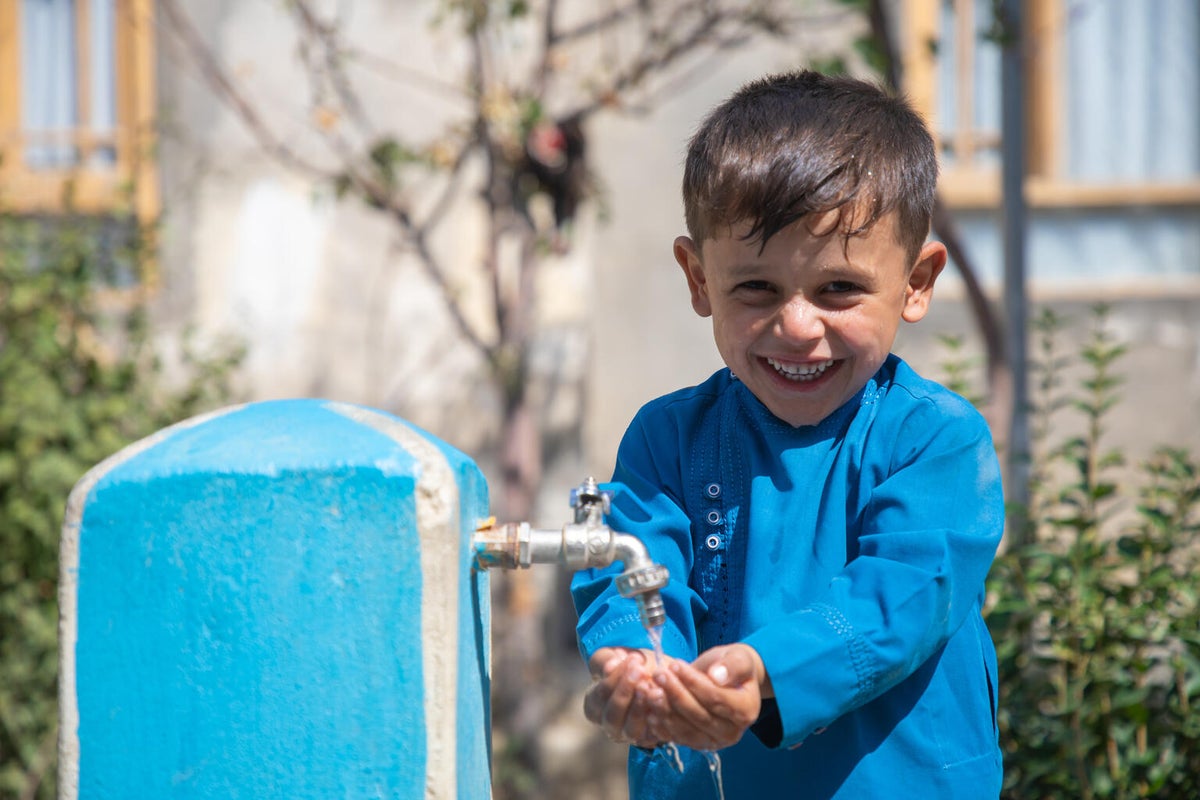
7. UNICEF has empowered 25 million adolescent girls to choose their own futures
In the late 1990s, one in four young women aged 20–24 were married as children. Since then, the world has made huge progress, preventing 25 million child marriages over the past decade alone. UNICEF supports 35 countries to implement action plans and strategies to end child marriage. By working across health, education, and child protection, we drive community action to empower girls.
In 2023 alone, we reached 11 million adolescent girls through prevention and care interventions, empowering them to shape their own futures. We also engaged over 32 million people to raise awareness, increase knowledge and shift around child marriage and other harmful norms affecting girls and women. The impact in South Asia has been particularly significant, with the likelihood of a girl becoming a child bride dropping nearly 50 per cent since 2000.
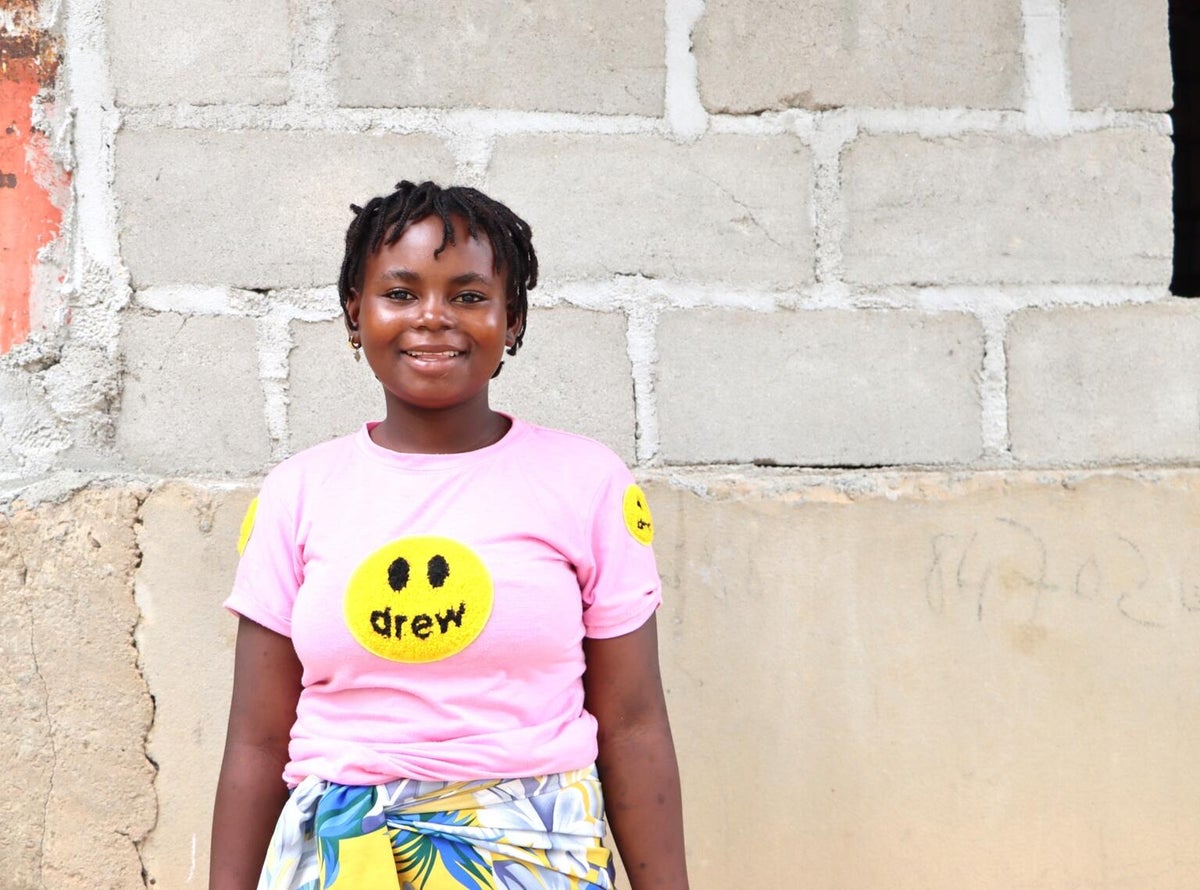
8. Over the past 25 years, UNICEF-supported programs have helped prevent HIV infection every four minutes.
Every four minutes, an HIV infection has been prevented, and every five minutes, a life has been saved, turning a global crisis into a story of hope. Today, there are over 60 per cent fewer children with HIV infections.
Since the height of the HIV pandemic, UNICEF has contributed to the prevention of mother-to-child transmission (PMTCT), pushing for groundbreaking interventions that stopped HIV before it could be passed from mother to child. These efforts have helped to prevent 1.9 million deaths and 4 million HIV infections among pregnant women and children since the start of PMTCT programs.
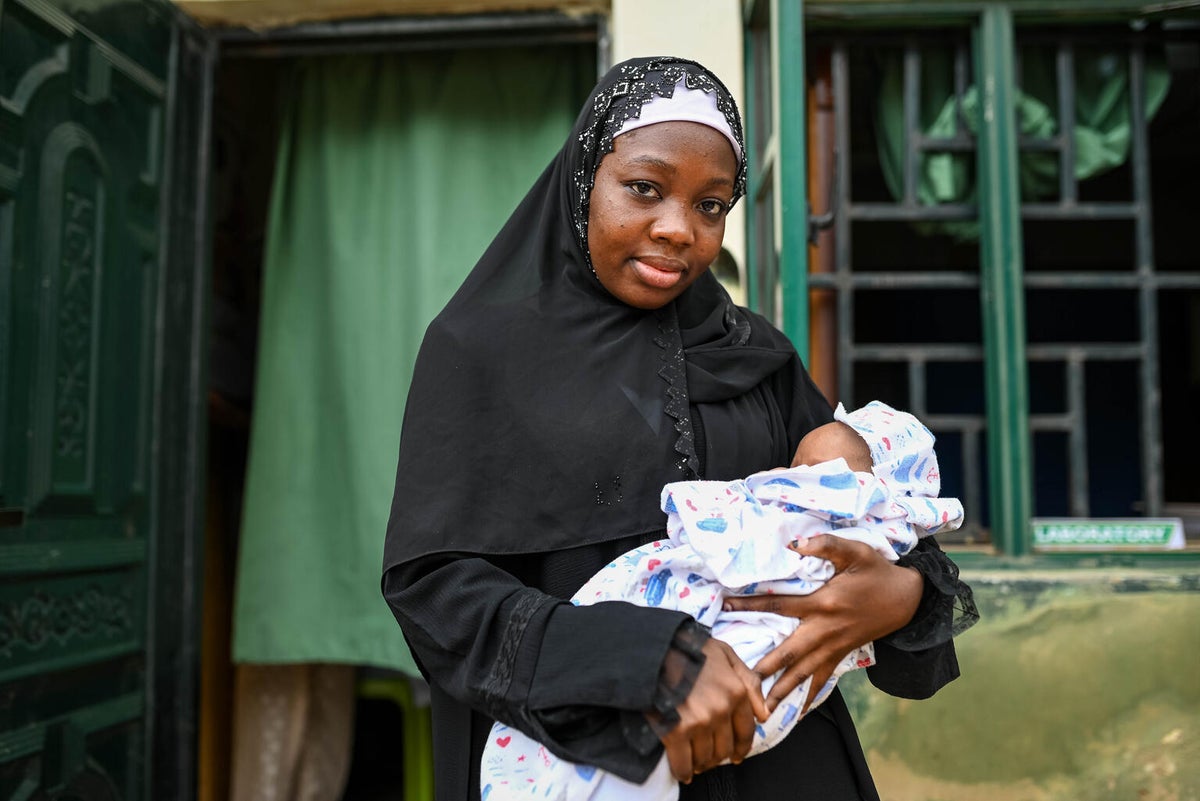
9. UNICEF leads the world’s largest sanitation programs in over 100 countries
Over the last two decades, 2.5 billion people have gained access to safely managed sanitation, that’s things like safe drinking water and handwashing, while the number of people practising open defecation - one of the main causes of diseases like diarrhoea, a leading killer of young children - has dropped from 1.3 billion in 2000 to 419 million in 2022. These successes, combined with other essential interventions, have driven a huge 60 per cent decrease in child deaths from diarrhoea.
UNICEF has been a driving force behind the progress, shaping national policies, scaling sustainable solutions, and transforming how sanitation is delivered. UNICEF has reached 4.8 million people with basic climate-resilient services across 33 countries - the most ever - and reached even more children and their families through direct support in schools and health centres.
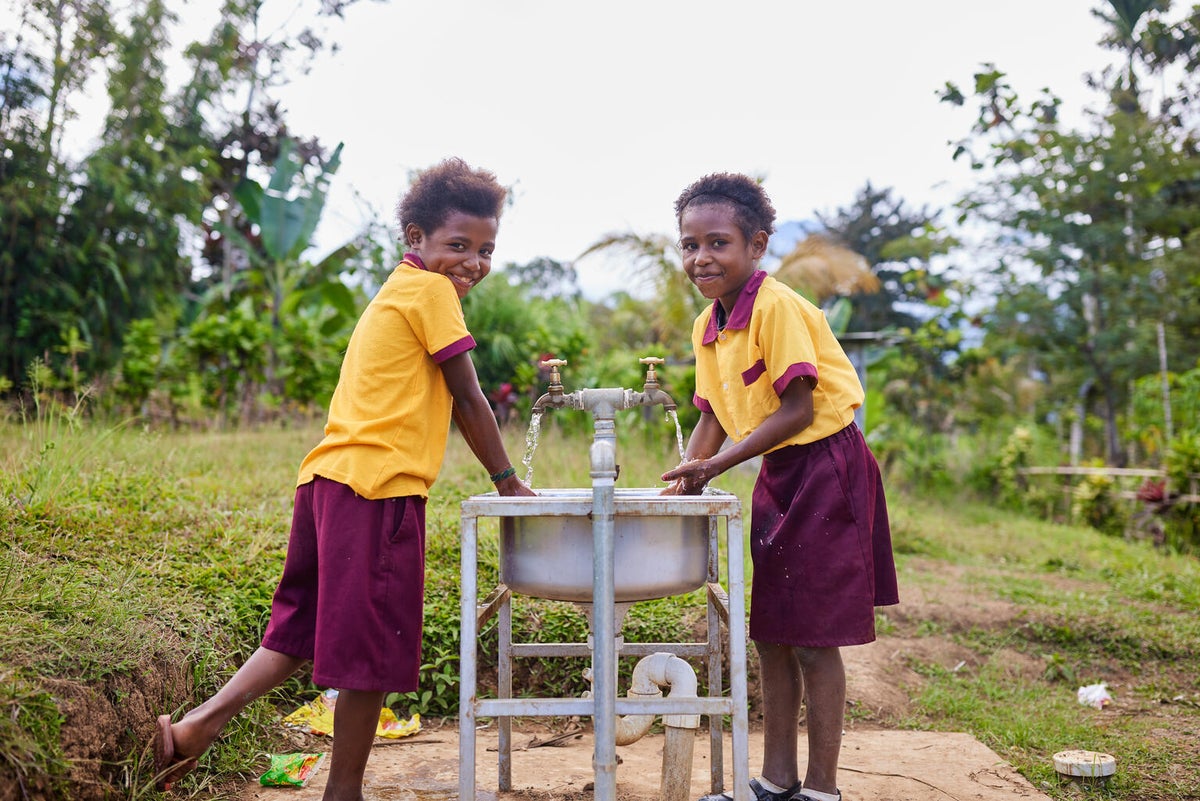
10. UNICEF has helped over 500 million children are officially recognised and counted through birth registration
Over the past five years, birth registration has transformed the lives of more than half a billion children, opening the door to crucial services such as healthcare, education, and child protection. Today, 77 per cent of children under five have their births registered, up from 60 per cent in the early 2000s - a major leap towards ensuring every child has a legal identity.
For over 35 years, UNICEF has been working with governments to simplify and digitise civil registration systems, breakdown legal and financial barriers, and reach even the most remote communities - ensuring every child is recognised and visible.
We also work to help the thousands of young Australians who do not have their births registered. Recently, we worked with the Australian Bureau of Statistics (ABS) to obtain new data that shows that, on average, 12,600 babies a year do not have their births registered, shedding light on the scale of the issue and groups of people most affected. We are consulting with communities to understand the challenges they are facing in registering their babies’ births, publishing new data on this issue, launching public campaigns to build understanding, and providing a roadmap to decision-makers for closing the birth registration gap across Australia.
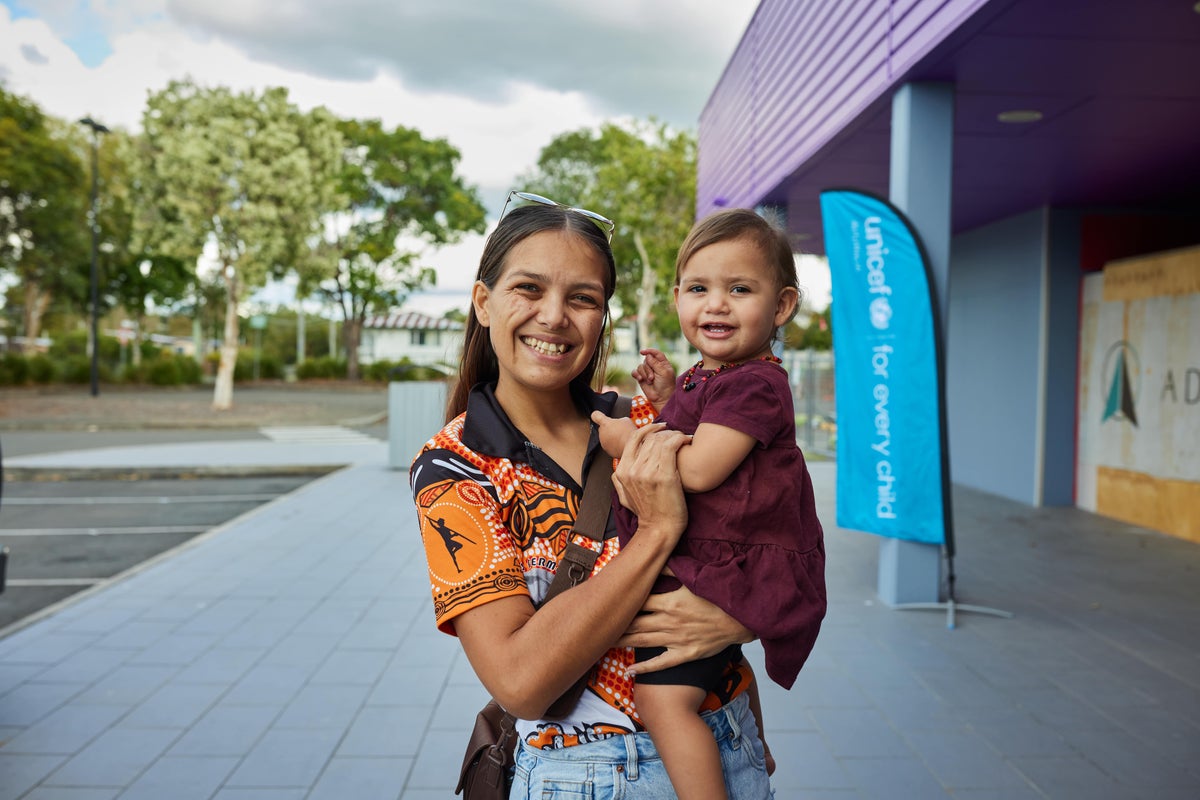
These incredible gains mean the world to children, but our work is far from over.
When the world seems to turn its back, we won't stop working to protect the rights of every child. But more than ever, we need your help. Because every child deserves to grow up healthy, educated and safe from harm. No matter what.
Donate Where the Need is Greatest
Help UNICEF to be there for children wherever the need is greatest, no matter what.
Related articles
Stay up-to-date on UNICEF's work in Australia and around the world















